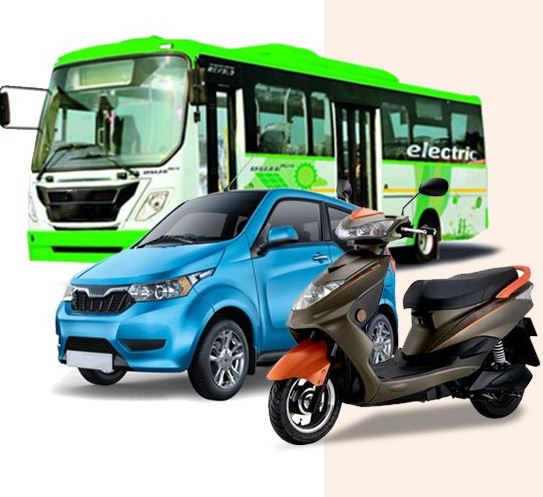Goa’s Green Drive: Electric Vehicles Take Center Stage in Tourist Transport
In a groundbreaking move to promote sustainable transportation and combat climate change, Goa Chief Minister Pramod Sawant recently announced a significant policy shift. Commencing on January 1, 2024, all tourist ‘rent-a-cab’ and ‘rent-a-bike’ services in the state will be mandated to operate exclusively with electric vehicles (EVs). In addition to this, the government has set a progressive vision for the future, declaring that all new light motor vehicles purchased by the state will also be required to be electric, further reinforcing Goa’s commitment to transitioning towards greener mobility solutions.
The announcement was made during the inaugural ‘Energy Transition Working Group’ meeting, which sought to formulate enabling policies to accelerate e-mobility within the region. Chief Minister Sawant highlighted the pressing need to reduce carbon emissions in the state, which is significantly impacted by high vehicle density resulting from tourism. With a vehicle density 4.5 times higher than the national average, the state grapples with the influx of over 8.5 million tourists annually, in contrast to its population of 1.5 million. This inflow of visitors leads to an extensive reliance on taxis, rental vehicles, and buses, significantly contributing to elevated carbon emissions. A recent study conducted by GIZ revealed that 40% of Goa’s total carbon emissions stem from vehicular operations.
To address these environmental challenges and combat the impact of carbon emissions, the newly implemented policy mandates that all new tourist vehicles, including rent-a-cabs and rent-a-bikes, exclusively operate on electric power from January 2024 onwards. Furthermore, permit holders managing multiple tourist taxis, rent-a-bike, and rent-a-cab operators will be obliged to retrofit 30% of their fleet with EVs by June 2024. This proactive approach will not only accelerate the adoption of electric mobility but also set a positive example for the private sector and the wider community to embrace sustainable transportation practices.
Chief Minister Sawant’s decision to lead by example extends to the government’s vehicle fleet, as all new light motor vehicles purchased by the government will be mandated to be electric starting from January 2024. By incorporating EVs into the government’s fleet, Goa aims to underscore the feasibility and benefits of sustainable transportation, catalyzing further acceptance and adoption of electric vehicles among the public and private sectors alike.
The importance of transitioning to electric mobility is emphasized by G20 Sherpa and former Niti Aayog CEO Amitabh Kant, who advocates prioritizing electrification of two-wheelers and three-wheelers in India, targeting 100% electrification for these vehicle segments by 2030. Kant highlights that electric vehicles are the future, evident from the market surpassing 10 million units worldwide. India has already made notable strides in electrifying three-wheelers, with 54% currently operating on electric power, while electric two-wheelers constitute approximately 7% of the market.
The push towards electric mobility in India is bolstered by international collaboration, as highlighted by US Consul General Mike Hankey. Efforts between the Indian and US governments include a payment security mechanism to deploy 10,000 Indian-made electric buses in India. USAID actively supports the e-mobility sector by facilitating partnerships with the private sector to produce new electric vehicles and exploring innovative models for procurement and financing to strengthen the EV ecosystem. These initiatives align with India’s domestic plans to bolster EV infrastructure and domestic vehicle battery production.
Furthermore, USAID is dedicated to supporting the Indian Railways’ ambitious vision of achieving “net-zero” emissions by 2030, focusing on expanding investments in renewable energy and energy efficiency. The initiative explores new areas of investment, including green hydrogen technology. Globally, USAID co-chairs the Zero Emission Vehicle Transition Council with the United Kingdom, striving to accelerate the global transition to zero-emission vehicles.
Goa’s progressive policy, combined with India’s broader initiatives, embodies the nation’s steadfast commitment to embracing sustainable mobility and reducing its carbon footprint. The prioritization of electric vehicles not only aligns with global efforts to combat climate change but also positions India as a leading force in the burgeoning electric mobility revolution. By fostering collaboration between governments and the private sector and prioritizing electrification, India is poised to shape the future of transportation, driving towards a greener and more sustainable future for generations to come.

